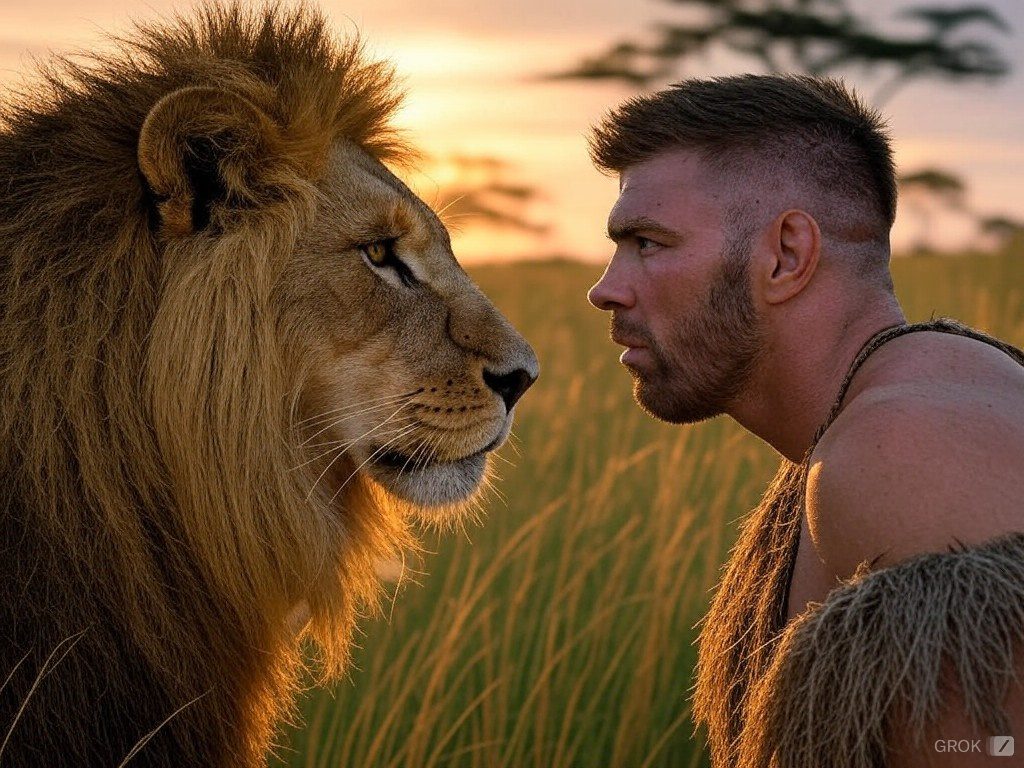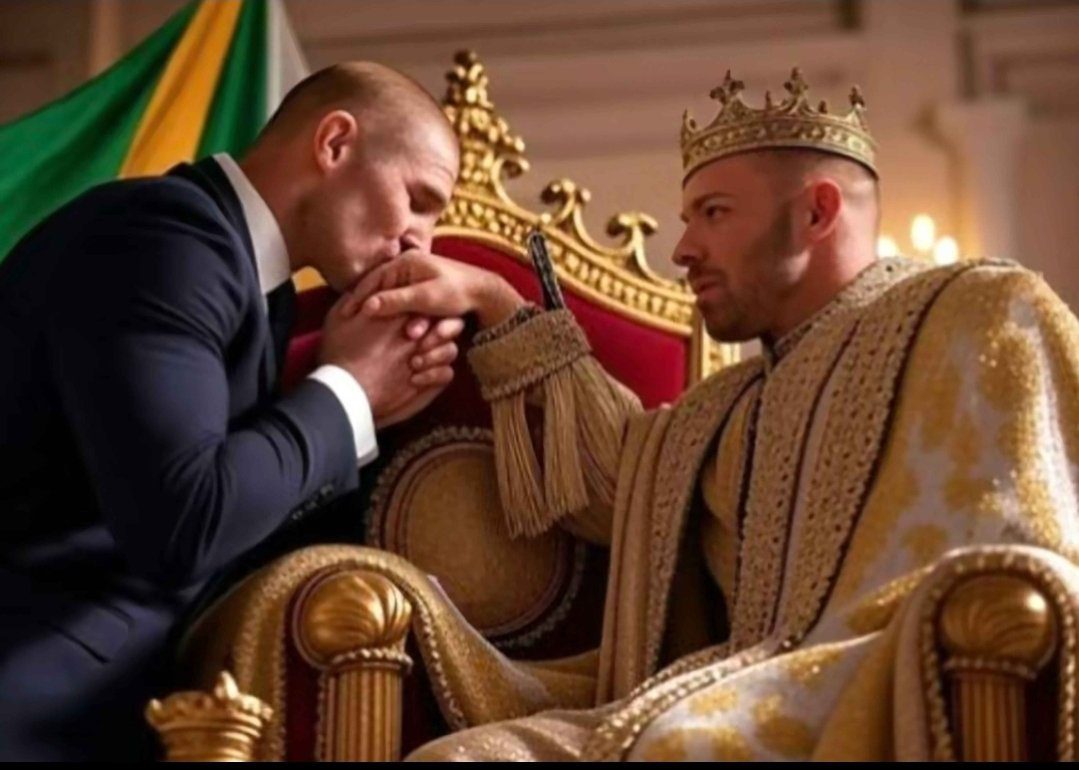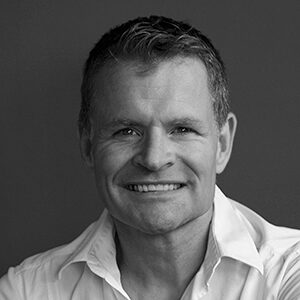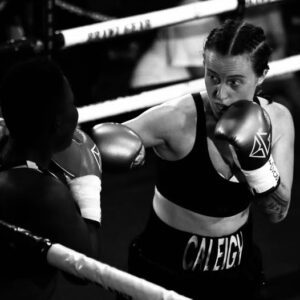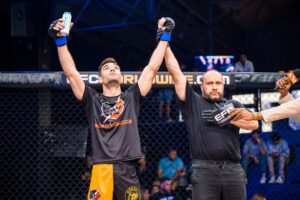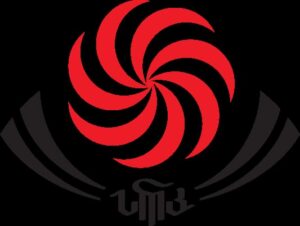His style may be chaotic, but the UFC’s middleweight champion is built differently. Here, ahead of Dricus du Plessis’ title defence this weekend, we discover how he always finds a way to win.
Eleven years ago, Gareth “Soldierboy” McLellan stared down Dricus du Plessis in the sweaty EFC hexagon in Durban.
Just over seven minutes later, he forced Du Plessis’ submission with a vicious guillotine choke for the middleweight championship.
They embraced afterwards, Soldierboy telling him, “You mustn’t stop; there’s something different about you.”
Du Plessis went on a tear, winning 18 of his next 19 fights on his way to becoming the best middleweight MMA fighter on earth.
This weekend, the South African hero guns for his ninth straight win in the Ultimate Fighting Championship, facing off against nasty old rival Sean Strickland in Sydney.
The spiky American has been running his mouth off, but there is no better trash talker in mixed martial arts than Du Plessis, who quickly learned the value of giving better than he gets. He backs off to no one.
“I give you the chance to be respectful and if you try to bully me or try to be disrespectful and try to be a smart ass, I will put you in your place,” says the man they call “Stillknocks”.
Soldierboy, who had his own run in UFC for several years and is now an accomplished commentator on SuperSport, wasn’t surprised to see his old friend turn his early promise into riches and renown.
“There aren’t many human beings like him. His strength is remarkable.”
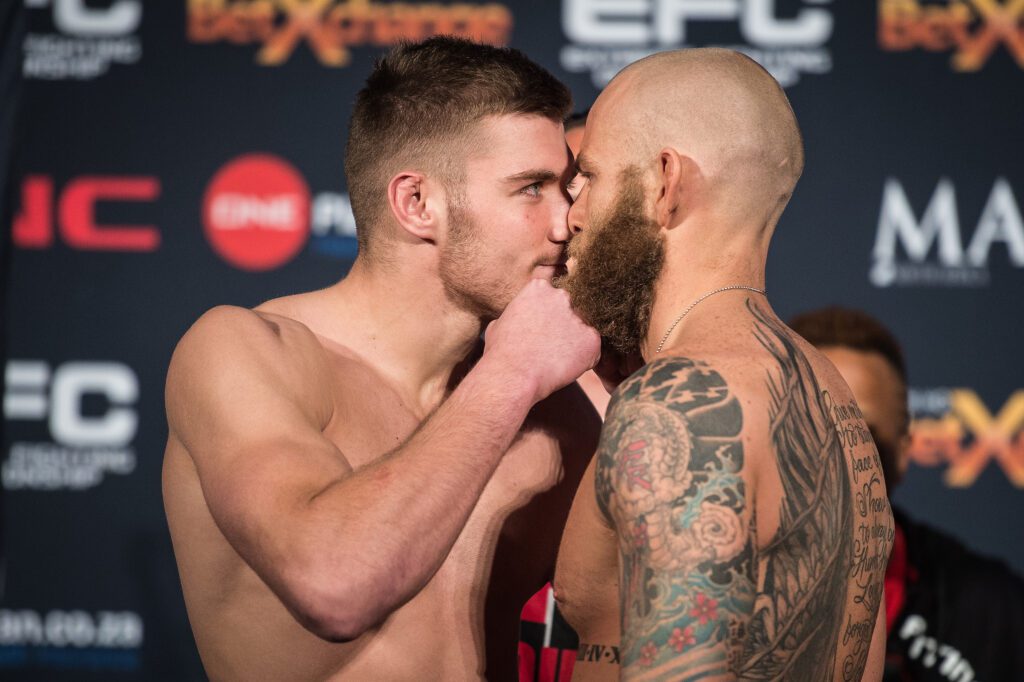
The irony is that Du Plessis has broken the rules of orthodoxy with his curious homespun style. Israel Adesanya, the former champion, plainly described it as “shit”.
Dana White, UFC’s chief executive, cheekily remarked that he “fights like a white man dances.”
Soldierboy is more measured in his analysis. “Dricus has great discipline and work ethic and technical ability within his own system, which is chaotic, and very different. He’s excellent in his system and has an unbelievable ability to read range, amazing reaction time and physicality. It’s messy, not great, but he’s taken what he has and made it the best in the world. Throw in his desire, passion and unbelievable belief and you have a helluva fighter, one who has an incredible desire to be the greatest – even if he has to die inside the cage.”
Even now, Soldierboy is part of Du Plessis’ inner circle, often wrestling and grappling with him, eager to share any knowledge the champion might draw from him.
For this weekend, Du Plessis is the betting favourite over Strickland with odds of -200, which implies a 66 percent chance of winning, while the American is the underdog with odds of +170, a 37 percent winning shot.
Soldierboy likes those odds. “I think Dricus annihilates him.”

Simon Stephens, one of the most perspicacious analysts on the local fight scene, has had a ringside view of Du Plessis from the start. Having spent time in camp and on the road with the MMA Fighter of the Year, he has a good handle on what makes him tick.
“He’s been in some fights where he’s been the better striker or grappler, but in others that’s not been the case,” says Stephens. “But what makes him a champion is that he finds a way to win where others wouldn’t. He goes to a place others can’t access. That’s not something you can train.
“It’s not the only thing . . . he’s got what they call ‘farm strength‘. He’s not always the biggest guy, but he surprises his opponents. The Americans used to overlook his wrestling, but that’s gone away now. Technically, he’s a bit of a mess, they say. But they can’t figure out how he keeps winning.”
Stephens, who does commentary both locally and internationally, and was the first reporter at a UFC press conference to ask a question in Afrikaans, enjoys watching opponents try to solve the Du Plessis puzzle.
“He’s not the biggest or best, but has great natural gifts. He’s the hardest worker in the gym too, with a style and gameplan that’s difficult to counter. Everyone says they can counter him. All say they can KO him. None have done it. Israel, one of the best kickboxers, couldn’t do it.”
Stephens rates Du Plessis’ grappling game – “a strange, archaic thing,” he calls it – and says he benefited much in the early years by working with MMA veteran Attila Barna, a transplanted Hungarian who specialises in the dark arts. It confirms Stephens’ point that Du Plessis is more technically nuanced than most would care to admit.
People also forget that Du Plessis’ fight IQ is outstanding, and so too his kickboxing. He was a K1 world champion after all.
What adds to Du Plessis’ mystique is the numbering system his team at the CIT Performance Institute in Pretoria have developed.
Stephens explains that Morné Visser, the coach, shouts out coded instructions during a fight. It’s a shrewd tactic not without its risks.
“He trusts his coach in the middle of a firefight, when listening to your corner is key. It’s so hard to do in a place like Vegas where 19 000 people are roaring. Yet they do it.”
Since becoming one of SA sport’s top earners and an A-lister among the moneyed corporate sector, the danger exists that Du Plessis might be distracted by the social whirl. He recently became engaged, too, another key in his evolution as a man keen to burnish his legacy.
Both Stephens and McLellan concede that losing focus is a possibility, but Stephens believes that Du Plessis is a special fighter able to keep the momentum going.
He compares him to UFC greats Conor McGregor and Jon Jones, a pair of fighters who were permanently distracted by the bright lights and other shenanigans yet brought nothing but outrageous excellence to the cage.
“Dricus is a farm boy from Harties with a solid head on his shoulders. Even now at CIT, he gets a hard time from Morné if he does something wrong. He’s a superstar overseas, but at his home gym he’s just another fighter.”
📺 Du Plessis v Strickland – SS Action, Variety 3 and SS Grandstand from 5am Sunday.
| The Early Days |
|---|
Cairo Howarth is the founder and president of Extreme Fighting Championship, the local promotions business that gave Du Plessis his first professional contract. Howarth remembers Du Plessis walking into his office for the first time, as a 17-year-old. “He was built like a tank. He took his shirt off and had all the girls swooning. He was young, full of energy, but polite too, and innocent. He’s always acted professionally, and would say that he’ll act like a world champion because that’s what he’d be.” Howarth has had many athletes come through his door looking and sounding the same. But few have possessed the work ethic of Du Plessis. “When he fought, he was strong and talented. You see lots of athletes with physicality who don’t put the work in. He did it all right, plus he had the genetics.” For years, EFC has been happy to be the pipeline for its best athletes to get into UFC, the big daddy of the MMA world. Fighters like Ruan Potts, Gareth McLellan, Themba Gorimbo and Du Plessis all trekked to Las Vegas seeking fame and fortune. EFC is thus a feeder system and non one is happier than Howarth, who knows that a rising tide raises all boats. He always rated Du Plessis’ chances, although the brutal reality of UFC has killed many dreams for young and hungry fighters. “We often put fighters forward for the UFC, but as far as I can recall Dricus went through an agent-type. We were hopeful. He was the welterweight and middleweight champion in EFC, having cleaned out both divisions. He dominated for years, so we knew he was good. We hoped he’d do great, but you never know. Now he’s shot the lights out.” Du Plessis’ success over the years, culminating in his championship win last January, caused a fundamental shift in South African sport. MMA, which had been in the shadows, was suddenly thrust into the light. Corporates came calling and all the crucial metrics shot up. “Dricus changed everything,” says Howarth. “EFC has been around for 15 years and MMA was seen as a second-tier sport next to cricket and rugby from a brand aspiration point of view. People now look at Dricus the same way they do a Springbok, which is absolutely amazing. Interest in our events, social media . . . every metric has dramatically increased.” An unexpected consequence has been the reckoning among African athletes that they need not necessarily move to the US to make it big. Du Plessis has shown you can be the best in the world by living and training locally. “He’s energised all African fighters, and that’s a great part of his legacy,” says Howarth. |
